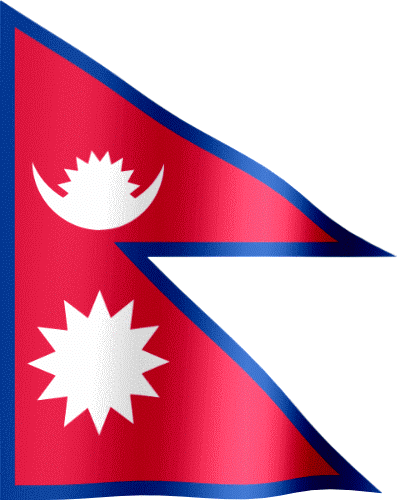The culture of Nepal is synonymous with its festivals. Myriads of festivals pertaining to different ethnic groups and religions are celebrated throughout the year.
Nepal government, in the recent times, has declared national holidays for the chief festivals of major and minor tribal groups of the country, which once was the privilege of those who celebrated Dashain, Tihar and other petty ‘exclusively’ Hindu observations.
Buddhism is adhered by around 11% of the country’s population, especially by the highlanders (Sherpa, Bhotia), Tamangs , Gurungs and Buddhist Newars. These 4 different ethnic groups have their own specific festivals, dissimilar to other groups. The festivals observed by Sherpa and Bhotiya are almost , if not totally, similar to that of Tibetan while Newars, Gurungs and Tamangs have their own unique ways – some derived from the Hindu tradition and some passed down from generations.
Lhosar: Lhosar (New year in Tibetan) is the major religious day for Tibetan peoples, including Sherpa, which marks the start of the new year. The festival usually falls during the month of February or March, which is decided according to the lunar calendar. The fête is actually celebrated for 15 days, first 3 days being the chief period of festivity. Donning new clothes, adorning with jewelries, feasting and dancing are some of the features of the festival. Special noodles called “guthuk” are prepared during Lhosar. In Baudhanath premises of Kathmandu, a portrait of Dalai Lama is exhibited and paraded around the shrine while a multitude of pilgrims swarm there. Tamangs celebrate Lhosar as “Sonam” Lhosar and Gurungs as “Tamu” Lhosar, but at separate times and diverse manners.
Buddha Jayanti: Buddha Jayanti which celebrates the birth of Lord Buddha falls on the day of the full moon of Baisakha (April or May). Some texts also claim that the Shakyamuni attained enlightenment and left his worldly soul on the same day. Major Buddhist shrines belonging to Tibetan Vajrayana sect are embellished with prayer flags. Thousands of pilgrims, both Buddhist and Hindu, from all over Nepal as well as India throng Lumbini during this day. Amazing fact is that some Hindus also revere Buddha as the 9th reincarnation of lord Vishnu, though Buddha himself was an agnostic.
Dalai Lama’s Birthday (June 6): This anniversary is mainly celebrated by the Tibetan refugees dwelling around Baudhanath and different refugee camps of Nepal. Prayers are invoked for the long life and health of His Holiness. This day, apart from patriotic significance, is marked with religious importance as HH is considered to be the incarnation of Aalokitesvara, one of the bodhisattvas.
Mani Rimdhu: This festival is observed by Sherpas in Khumbu (Everest region) of Nepal during the full moon of either December or November, which sometimes may be scheduled at a more specific time other than the mentioned months. The monks perform masked dances celebrating the victory of Buddhism over Bon-Po religion in the region. This festival is also marked with merriment by monks as well as laymen.
Tiji festival: This festival is somewhat similar to Mani Rimdhu but celebrated in the restricted area of upper Mustang by Lhoba peoples. Tiji usually falls during May and Lamas perform colorful masked dances depicting a tale of demon being vanquished by his own son who thus was able to save Mustang and its dwellers from the evil intentions of his father. Tourists and locals gather annually during the festival which is celebrated for three days.
Yartung: Yartung means end of summer in Tibetan and is reveled in Ranipauwa, the gateway to Muktinath. Villagers from as far as Dolpo in the west gather to observe and participate in this 3 days carnival, usually feted during july, which also includes an exciting horse race competition. The first day is royal day which features the (now-ex) king of Mustang, second day is chiefly celebrated by the monks and third day is for the gala by the laymen (locals and tourists).
If you would like to have your travel coincide with one of the festivals and closely observe the unique cultural traditions and rituals of different ethnic groups following Buddhism, please inquire us.

